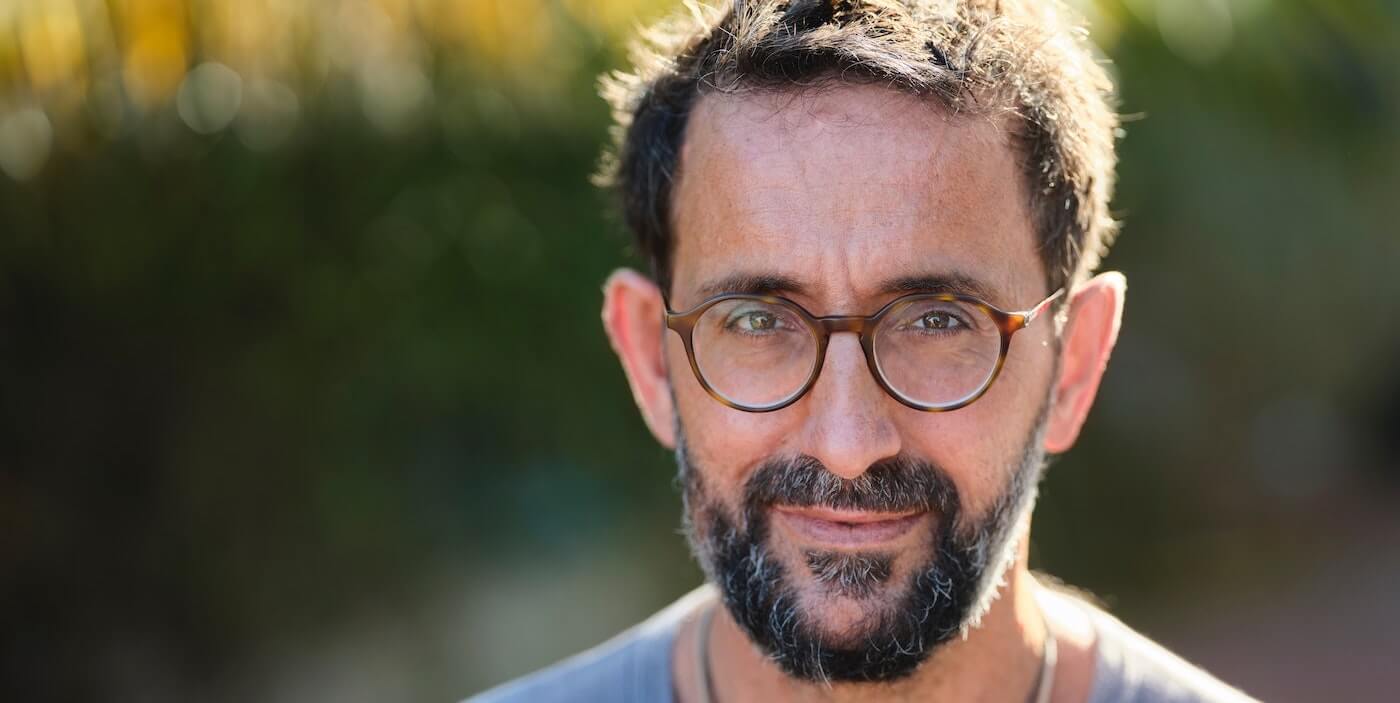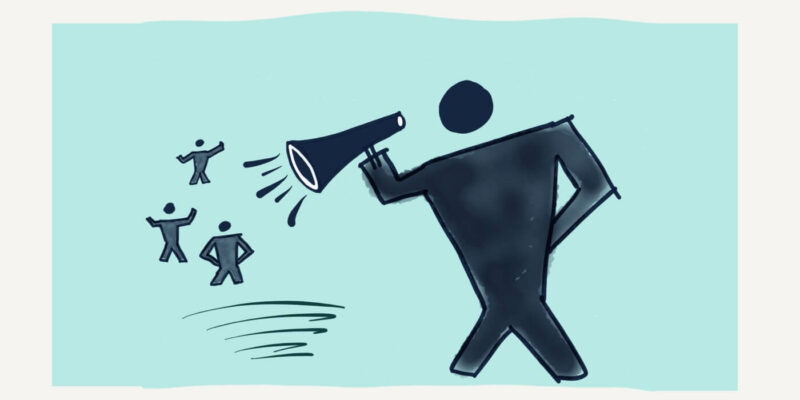We don’t have direct control over our emotions:
- There’s no dial you can adjust to make yourself more happy.
- There’s no lever you can pull to make yourself less anxious.
- There’s no button you can press to feel content, or excited, or in love.
Emotions are the consequence of how we think. And strong, pervasive emotions are the consequence of how we habitually think:
- Feeling anxious is the consequence of worrying. Chronic anxiety is the consequence of chronic worry.
- Feeling angry is the consequence of judgment. Chronic anger is the consequence of chronically judging.
Of course, how we think is influenced by many, many things—from environmental factors to other people to our own behavior:
- Watching Netflix instead of working out makes it more likely that you end up criticizing yourself and feeling guilty.
- Being yelled at by your spouse makes it more likely that you end up worrying about how you could have done things better, and as a result, feeling anxious.
- Getting rained on makes it more likely that you start mentally complaining in your head, and as a result, feeling irritated and grumpy.
But how we think is never determined by what happens to us or how we act:
- It’s possible to watch Netflix instead of working out and to be compassionate with yourself rather than self-critical, which may lead to less guilt.
- It’s possible to be yelled at by your spouse and to assertively defend yourself and your position, and as a result, feel a sense of pride and courage.
- It’s possible to get rained on and choose to think about how it will benefit your garden, and as a result, feel a small sense of joy.
You never have direct control over your happiness—or any other emotion. But you probably have more influence over it than you realize, especially if you learn to take responsibility for your attention and where you choose to invest it.





17 Comments
Add YoursVery good, and happens to be timely. Well-edited and succinct.
You can create habits that make new thought patterns familiar, available as an option and safe to think. It is a growable skill like any other. But it does take work.
Thank you, Anna!
Your lessons in a nutshell. Thank you. My life has improved by me reading your timely wisdom.
You’re site has helped me so much when emotions put me on the ledge.
I’m so glad, Mary 🙂
I appreciate you saying so, Karen!
Many of the things you teach result in better stress management! Thanks!
Cathy Brown
The Unkinked Lifestyle
You bet, Cathy!
Thank you for your words of wisdom!
You’re welcome, Matt!
Well, that was a (well needed) nudge from the universe! Thank you for being the gracious messenger.
You’re very welcome 🙂
I’m not convinced by this statement–
“But how we think is never determined by what happens to us or how we act:”
When family tragedy, poverty, violence of many forms are a part of our life especially as young people, it can effect how we think.
Those things absolutely affect how we think, but they don’t *determine* how we think.
Epictete said something resembling: what you do with the event is often more important than the event itself.
The part about anger being the consequence of judgment really struck me, as I had never connected the two before. This was a great read and left me with something to think about.